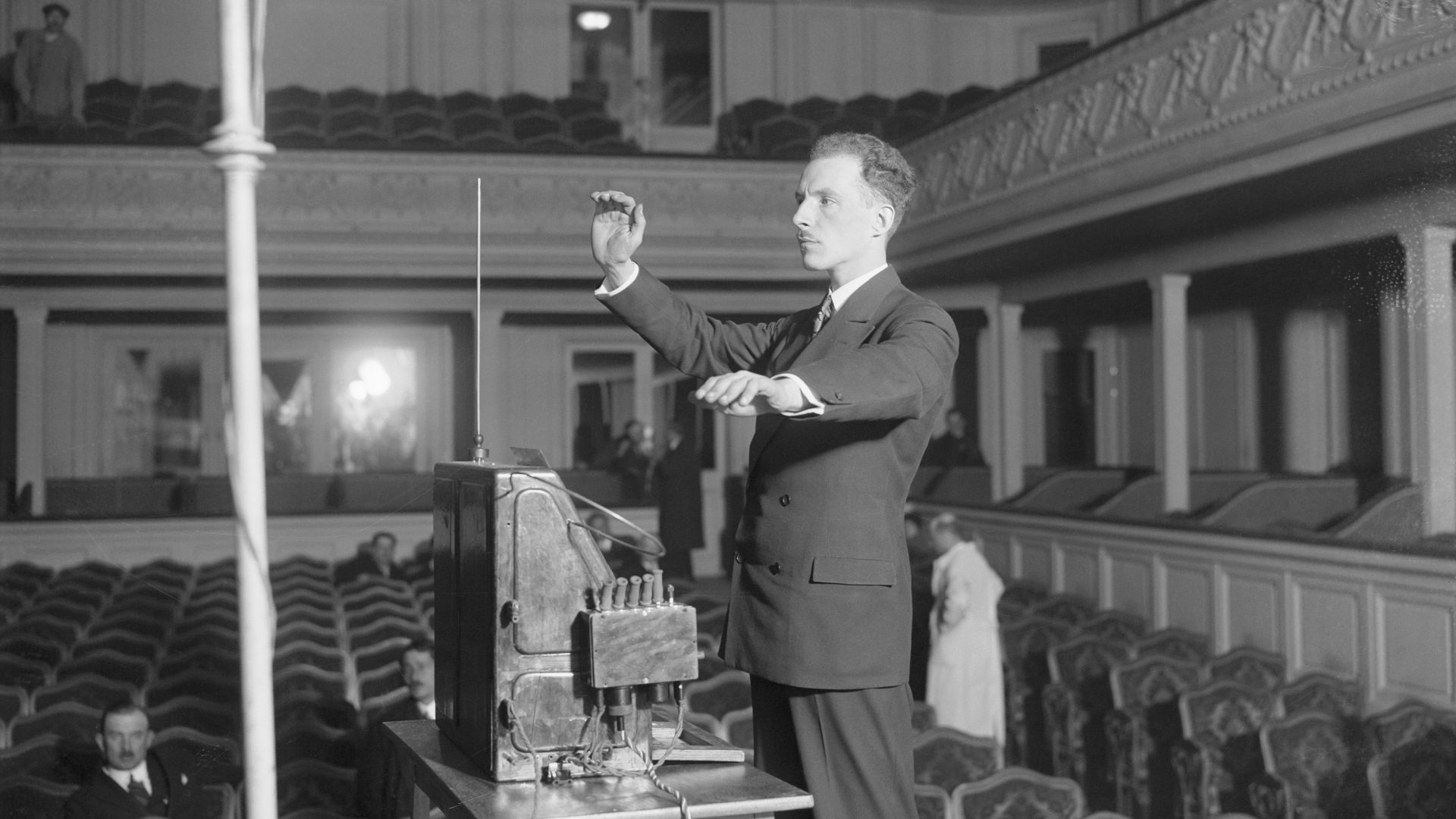Empires rise and fall, mighty rulers leave only “vast and trunkless legs” in the desert to show that they ever existed (or, in Liz Truss’s case, thousands of hours of footage of her gurning), and yet The Great British Bake Off still hasn’t finished its current run. Forget having the first British prime minister of Asian heritage, Bake Off remains for some the very crucible of enlightened multiculturalism and inclusivity in a benighted isle which they no doubt consider to be besieged by fraudulent asylum seekers.
For all we know, by the time we get to the final of the show, the 1922 Committee may have changed the rules so that the winner automatically becomes leader of the Tory Party. Which is why I feel entitled to write about it again… and again… For if I can only keep that image of flour-dusted, good-hearted competition in my mind’s eye, the shitshow that’s our collective reality – including the food banks being “provided” for NHS workers so they can eat a bit of cake because they have nothing – can be kept at bay.
Last week was custard week, and the first challenge was for the bakers to create an île flottante – which besides being an excellent homologue of Britain, happens to be my French wife’s favourite dessert. Rocking gently on our lighter-than-meringue landmass, as it goes nowhere in a sea of crème Anglaise, for me Bake Off is the last redoubt of a certain kind of innocent Britishness; one that I feel affection for in direct proportion to how little attention I actually pay to it. Drowsing in front of the box, I find it easy to imagine that the empire never was and homophobia never existed.
Which was why I rather objected to a snarky piece in the New York Times that took an axe to its liberal pretensions. Taking aim at Mexican Week, the snide scribe linked this to presenters Noel Fielding and Matt Lucas’s history of appearing in brown- and black-face in the past. To make puns about Mexico, or appear in ponchos and sombreros, was apparently prima facie evidence not just of grotesque insensitivity on their part, but of the show having jumped the shark – the current crew of presenters and judges being so very lesser than those of yore.
Where to begin with this? I was shocked to realise quite how popular the show was in the States – not, perhaps, as shocked as Salman Rushdie was when 10,000 Pakistanis in Islamabad protested against The Satanic Verses; but nevertheless, the way globalisation has allowed for the free movement of offences and the offended across international borders never ceases to amaze me. It may well be that in an ideal world, governed benignly by a troika of Barack Obama, Greta Thunberg and Volodymyr Zelenskyy, there’d be no possibility of anything anyone does in a distant land bothering anyone in the US – but that’s not this one.
It’s the (white) US that has a problem with Mexicans – it’s the (white) US that has umpteen sickening terms for the poor migrants who still attempt to cross the Rio Grande and circumvent the fences purpose-built to keep them out. And it’s the (white) US that depends on the cheap labour provided by Mexican migrants while simultaneously demonising them. According to the last census figures, there are some 9,000 Mexicans living in Britain, and if any of them found Bake Off’s Mexican Week offensive (and happens to be a TNE reader), please get in touch, and I’ll undertake to write about your experience of prejudice at the hands of the majority British community – since this could be the only explanation for such offence.
As for Fielding and Lucas: they have recanted, admitted their faults, and moved on. The offensive material they produced is now difficult to access – and I doubt they’re continuing to earn much from it. Moreover, their employment of black- and brown-face was in the context of a society moving towards greater acceptance of all minorities. Certainly, in Lucas’s Little Britain sketches, the campery, cross-dressing – and, yes, the black- and browning-up – was at least ostensibly deployed to ridicule prejudice rather than enact it.
That doesn’t mean it wasn’t wrong at the time – it absolutely was; but anti-racism comes when people recognise their prejudices and act so as to render them impotent, not when people become entirely devoid of prejudice, which is a rank impossibility given human nature. The New York Times writer couldn’t acknowledge this, because in common with so many contemporary racial justice warriors he’s afflicted by a strange sort of amnesia, recalling only the offence and never the amends.



